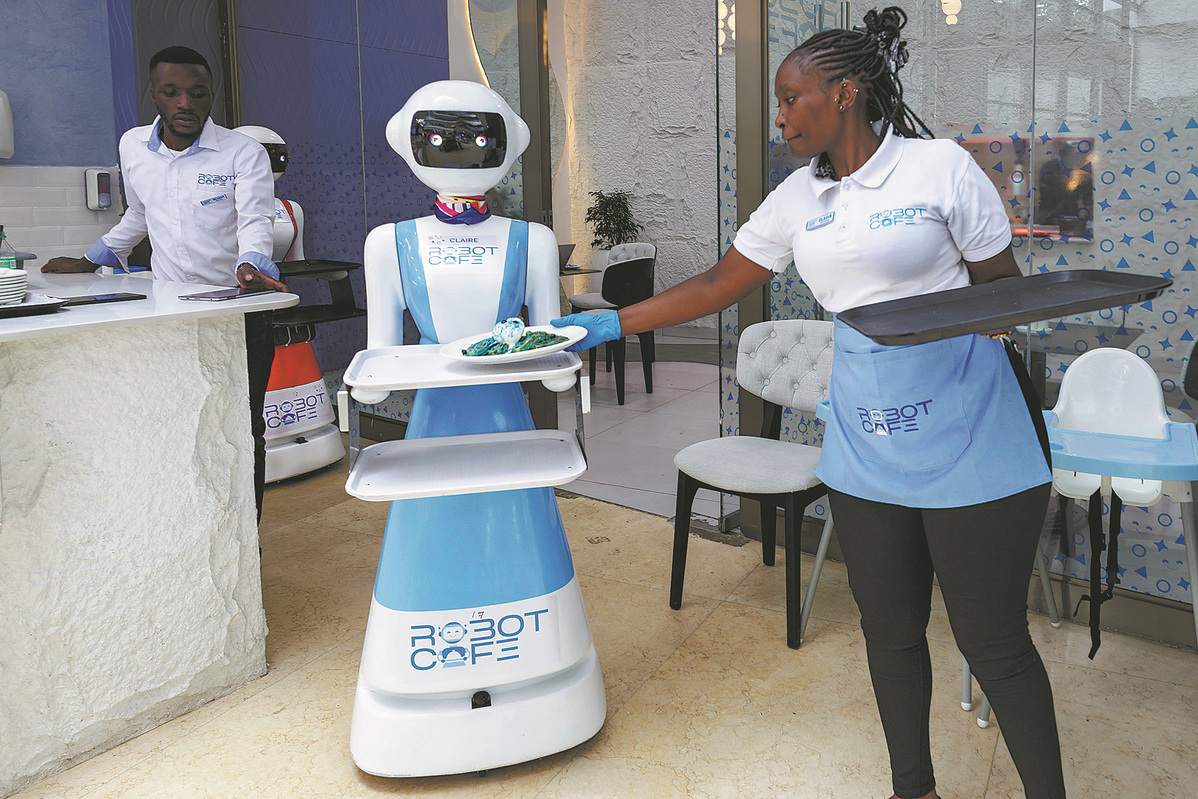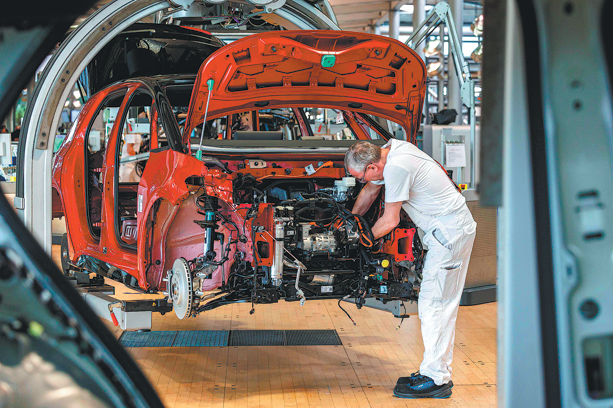AI presents untapped potential in Africa


As the global economy is looking forward to generating trillions of dollars in growth through artificial intelligence, Africa lags behind, accounting for only a small portion of that market.
Experts at the Africa Tech Summit being held in Nairobi between Wednesday and Thursday have urged breaking down barriers that limit the development of AI in Africa to leapfrogging economic development.
Speaking during a panel discussion on growth, opportunities and policy in AI, Moya Novella, global privacy and AI policy counsel at the international technology firm IBM, said that the African continent contributes a significantly small percentage of the global data used for artificial intelligence.
"Research data estimate that Africa produces less than 2.5 percent of the total AI market, highlighting a significant gap in data production compared to other regions like North America and Asia. This is mostly due to limited infrastructure, lack of digital access, and poor data collection capabilities. For instance, we do not have tools to collect data in local languages," Novella said.
Nick Gicheru, head of partnerships at the Kenyan technology startup business KX Partners, added that AI startups in Africa face significant challenges, including a shortage of skilled talent in AI, inadequate data access, a lack of structured data ecosystems, regulatory barriers, and a lack of supportive policies.
According to him, African governments should prioritize the formulation of supportive policies and funding mechanisms specifically for AI startups in Africa. This can be achieved by investing in education and training programs to cultivate a skilled AI workforce.
"Since AI is a global tool, African countries need to work together to establish data repositories with open access to relevant African data sets. We should also seek collaboration with international partners by obtaining resources and expertise from global tech companies and advanced countries to accelerate AI development in Africa," Gicheru said.
Despite the challenges, most experts attending the summit said that if well adopted, AI has a substantial potential to greatly improve various sectors in Africa, such as agriculture, education, governance and healthcare by offering opportunities to address socioeconomic challenges and accelerate economic growth.
Yekeen Ajeigbe, an engineer with a technology startup from Ghana, said that Africa's AI industry, if developed, can help solve African problems but only if the continent addresses the significant issues of brain drain.
"Many of the best engineering talents leave Africa, seeking opportunities abroad. This means that after investing time and resources to groom these individuals, they often do not stay to contribute to the local technical landscape," Ajeigbe said.
"Looking at the enthusiasm of participants at this summit from both Africa and other global countries, it is obvious that AI presents a tremendous opportunity for our continent to leapfrog development in various sectors.
































